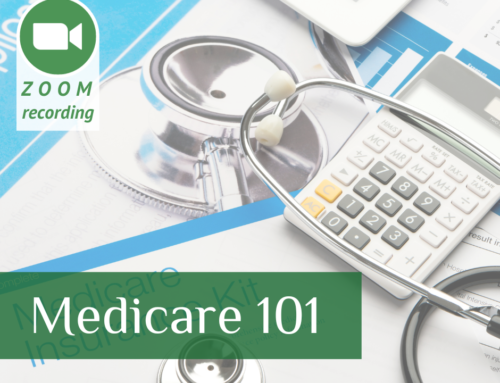No one wants to pay more taxes than they need to. What many don’t understand is that when it’s time to sit down with a tax preparer to file all they can do is report the tax facts. In some instances, there may be some flexibility in how they are interpreted so it is important to have a competent, skilled preparer to catch all your deductions, etc. However, tax time is simply the time to report what happened the previous year. Just the facts please.
The other side of the coin is the “tax action” that m akes the REAL IMPACT, Tax Planning. This is the opportunity for you to make decisions and be proactive in taking steps to reduce taxes that will be reported next year. (And this has to happen before the December 31 deadline for just about everything that would impact what is owed this year, i.e., what is due next year.) Through strategies like income reduction, IRA contributions, or Roth conversions, one can get better tax results in their upcoming tax return.
akes the REAL IMPACT, Tax Planning. This is the opportunity for you to make decisions and be proactive in taking steps to reduce taxes that will be reported next year. (And this has to happen before the December 31 deadline for just about everything that would impact what is owed this year, i.e., what is due next year.) Through strategies like income reduction, IRA contributions, or Roth conversions, one can get better tax results in their upcoming tax return.
While the financial world is full of opinions that cause disagreement, there’s one goal that everyone shares—to reduce taxes. Unfortunately, many financial preparers do not provide tax advice, and after December 31 there is little opportunity left other than perhaps making an IRA contribution prior to April 15…if you earned income. In fact, many retirees would be hard pressed to remember the last time their tax preparer provided them with tax-savings strategies to reduce their tax burden. The same is true for their financial advisor—many of whom will plainly state they do not provide tax advice.
There’s much more to financial planning than simply getting the highest returns and building the largest portfolio. Maximizing the after-tax spending a portfolio can fund is extremely important. There’s an old saying, “It’s not what you make – but what you keep!” That’s why tax-minimization should be part of everyone’s financial plan. 
Retirees should consider how their portfolios can be improved with savvy tax-reduction strategies. Some such strategies for minimizing taxes:
- Using tax free vehicles, such as municipal tax-free bonds and life insurance
- Taking advantage of the tax code and using Roth IRAs – even converting IRAs to Roth IRAs to take advantage of the lower tax brackets before they are scheduled to increase
- Choosing vehicles subject to capital gains taxes instead of the higher ordinary income tax rate
- Placing investment vehicles that charge ordinary taxes in IRAs and vehicles that charge capital gains in non-IRA accounts when determining asset allocations
- Deferring or accelerating income to minimize taxes on Social Security benefits
- Taking steps now to minimize taxes a surviving spouse or heirs may have to pay later
Every year, we report on our spending and either pay taxes or get a return. But what if we took a little time to plan ahead. Putting in the time to strategically plan how to finish your 2022 can reduce your taxes for this next season and in the years to come. It could be very helpful to plan with a financial advisor who is well-versed in all areas of financial planning, including tax planning, so that you minimize your tax burden, keeping more of your money in your pockets.








